 New research reveals a new, menopause-specific indicator of heart disease risk—and suggests possible ways to reduce it.
New research reveals a new, menopause-specific indicator of heart disease risk—and suggests possible ways to reduce it.
 A highly toxic form of mercury could jump by 300 to 600 percent in zooplankton—tiny animals at the base of the marine food chain—if land runoff increases by 15 to 30 percent, according to a new study.
A highly toxic form of mercury could jump by 300 to 600 percent in zooplankton—tiny animals at the base of the marine food chain—if land runoff increases by 15 to 30 percent, according to a new study.
 How do you choose which shampoo to buy? Do you take the advice of your hairdresser or believe the adverts you see in magazines or on television?
How do you choose which shampoo to buy? Do you take the advice of your hairdresser or believe the adverts you see in magazines or on television?
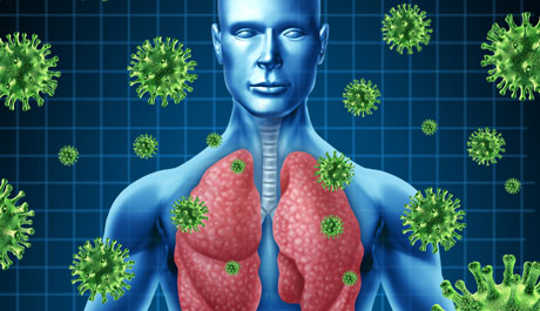 Many infectious diseases are one and done—people get sick once and then they are protected from another bout of the same illness.
Many infectious diseases are one and done—people get sick once and then they are protected from another bout of the same illness.
 Beef from Brazil, avocados from Mexico, lamb from New Zealand, wines from South Africa and green beans from Kenya – food shopping lists have a distinctly international flavour.
Beef from Brazil, avocados from Mexico, lamb from New Zealand, wines from South Africa and green beans from Kenya – food shopping lists have a distinctly international flavour.
 There’s a company that claims its smartphone fertility-tracking app is as good as the pill at preventing pregnancy.
There’s a company that claims its smartphone fertility-tracking app is as good as the pill at preventing pregnancy.
 A feeling of apathy or being a little forgetful from time to time is nothing unusual. But for some, this could be an early sign of not getting enough thiamine (also known as vitamin B1).
A feeling of apathy or being a little forgetful from time to time is nothing unusual. But for some, this could be an early sign of not getting enough thiamine (also known as vitamin B1).
 The nature of work in the gig economy - where workers have to support themselves and take on the risk associated with the job
The nature of work in the gig economy - where workers have to support themselves and take on the risk associated with the job
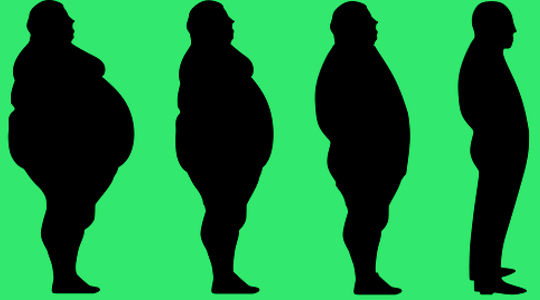 “Bloating”, the feeling of a full and swollen belly, is one of the most common complaints we hear about in medical practice from patients, with 10 to 30% of people experiencing it.
“Bloating”, the feeling of a full and swollen belly, is one of the most common complaints we hear about in medical practice from patients, with 10 to 30% of people experiencing it.
 The benefits of eating vegetables is one of the first lessons we try to teach our often reluctant children. Six million years ago, they wouldn’t have had a choice.
The benefits of eating vegetables is one of the first lessons we try to teach our often reluctant children. Six million years ago, they wouldn’t have had a choice.
 The world’s population is ageing. The number of adults aged 65 and over is increasing, as is the proportion of the population they represent. However, there are a number of myths associated with what happens to our brain and bodies as we age.
The world’s population is ageing. The number of adults aged 65 and over is increasing, as is the proportion of the population they represent. However, there are a number of myths associated with what happens to our brain and bodies as we age.
 Dismantling the Affordable Care Act (ACA) without a replacement plan is projected to increase the nation’s uninsured population by 18 million in the first year after repeal and by 32 million in 2026, according to recent estimates by the Congressional Budget Office (CBO).
Dismantling the Affordable Care Act (ACA) without a replacement plan is projected to increase the nation’s uninsured population by 18 million in the first year after repeal and by 32 million in 2026, according to recent estimates by the Congressional Budget Office (CBO).
 If you’re offered a plate of blackened barbecue food this summer, you might think twice about eating it. It’s commonly thought that food that has been burnt could cause cancer.
If you’re offered a plate of blackened barbecue food this summer, you might think twice about eating it. It’s commonly thought that food that has been burnt could cause cancer.
 Most of us worry about our health at some point. You may notice a new symptom or change in your body and become convinced it’s a sign of a horrible illness; a loved one might become ill and you might worry it may also happen to you.
Most of us worry about our health at some point. You may notice a new symptom or change in your body and become convinced it’s a sign of a horrible illness; a loved one might become ill and you might worry it may also happen to you.
 As we reach adulthood, we notice changes in our bodies at every stage of ageing. We might find we need glasses when we hit our thirties, we can’t keep weight off as easily into our forties
As we reach adulthood, we notice changes in our bodies at every stage of ageing. We might find we need glasses when we hit our thirties, we can’t keep weight off as easily into our forties
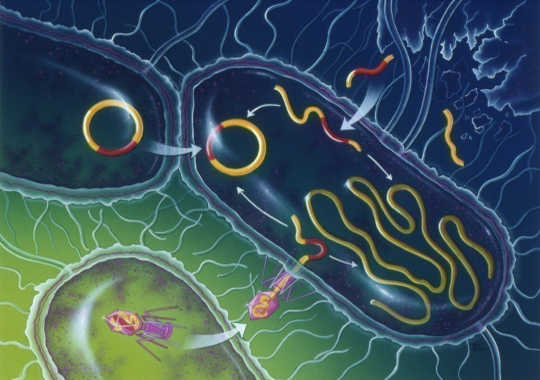 Given recent events around the world, you could be forgiven for thinking that people have been acting in a very odd and unpredictable manner.
Given recent events around the world, you could be forgiven for thinking that people have been acting in a very odd and unpredictable manner.
- By Helen Graham
 Most living things appear to be vitalized by the bright reds, oranges, and yellows of daylight -- and calmed and rejuvenated by the blues, indigos, and violets of the night. The origins of healing with color can be traced back to the mythology of Ancient Egypt and Greece.
Most living things appear to be vitalized by the bright reds, oranges, and yellows of daylight -- and calmed and rejuvenated by the blues, indigos, and violets of the night. The origins of healing with color can be traced back to the mythology of Ancient Egypt and Greece.
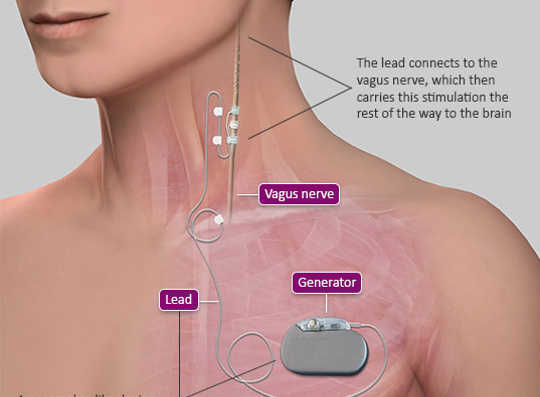 An implanted device—a bit like a pacemaker—electrically stimulates the vagus nerve, while inhibiting unwanted nerve activity in a targeted way.
An implanted device—a bit like a pacemaker—electrically stimulates the vagus nerve, while inhibiting unwanted nerve activity in a targeted way.
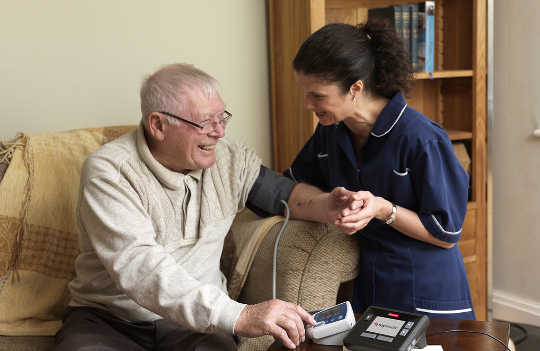 It is well known that high blood pressure is a risk factor for dementia, so the results of a new study from the University of California, Irvine, are quite surprising.
It is well known that high blood pressure is a risk factor for dementia, so the results of a new study from the University of California, Irvine, are quite surprising.
 In January, many of us strive to be stronger, lighter, faster versions of ourselves. It is also the busiest time of the year for physiotherapists.
In January, many of us strive to be stronger, lighter, faster versions of ourselves. It is also the busiest time of the year for physiotherapists.
 Invasive insects called Asian shot hole borers are turning up in new areas of California where they threaten an important crop: avocados.
Invasive insects called Asian shot hole borers are turning up in new areas of California where they threaten an important crop: avocados.
 How can you get a fussy child to eat vegetables? It’s a question that plagues many frustrated parents at countless mealtimes.
How can you get a fussy child to eat vegetables? It’s a question that plagues many frustrated parents at countless mealtimes.
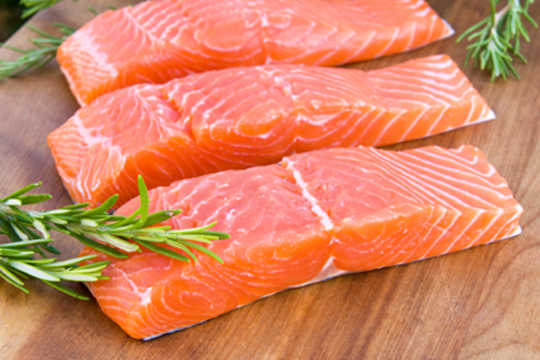 Fish oil supplements may seem like a relatively recent health fad but they have actually been produced in the UK on a large scale since 1935
Fish oil supplements may seem like a relatively recent health fad but they have actually been produced in the UK on a large scale since 1935
















